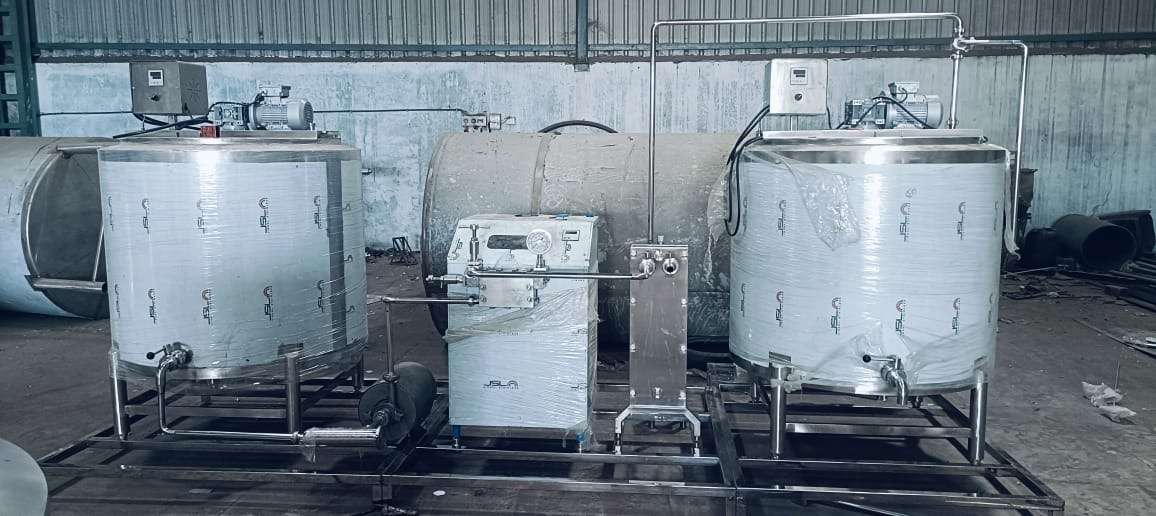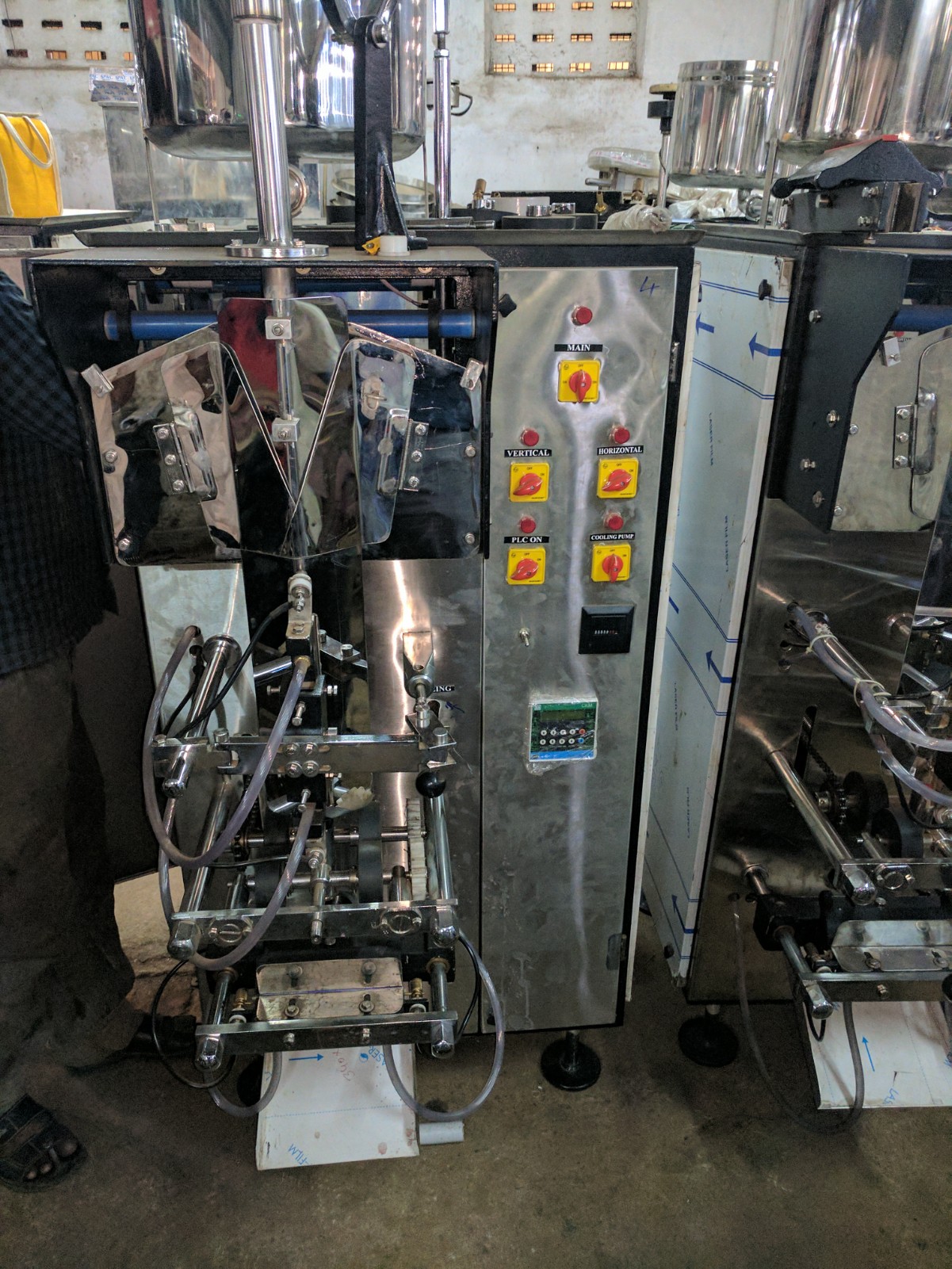Industrial Greek yogurt production involves scaled-up processes that ensure consistent quality and efficiency. Here’s an overview of the methods and considerations involved:
Key Steps in Industrial Greek Yogurt Production
- Milk Selection and Preparation:
- Milk Quality: High-quality milk (whole or low-fat) is selected, often from dairy farms.
- Standardization: The milk is standardized for fat content to ensure consistency.
- Pasteurization:
- The milk is heated to eliminate harmful bacteria (usually to 161°F or 72°C for 15 seconds) and then rapidly cooled.
- Homogenization:
- The milk is homogenized to break down fat globules, resulting in a smoother texture and preventing cream separation.
- Inoculation:
- Specific yogurt cultures (e.g., Lactobacillus bulgaricus and Streptococcus thermophilus) are added to the cooled milk.
- Fermentation:
- The inoculated milk is placed in fermentation tanks at a controlled temperature (around 110°F or 43°C) for several hours until the desired acidity and thickness are reached.
- Straining:
- The yogurt is then strained to remove whey, often using large-scale centrifuges or filters. This step is crucial for achieving the thick texture characteristic of Greek yogurt.
- Cooling and Storage:
- The strained yogurt is cooled rapidly to stop fermentation and maintain quality. It is then stored in refrigerated conditions.
- Packaging:
- The yogurt is packaged in containers for distribution, often using automated systems for efficiency and hygiene.
Quality Control
- Microbial Testing: Regular testing for quality and safety, ensuring live cultures are present.
- Consistency Checks: Monitoring viscosity and texture to meet product specifications.
Equipment Used
- Pasteurizers: For heating and cooling milk.
- Homogenizers: For ensuring uniform fat distribution.
- Fermentation Tanks: Large, temperature-controlled vessels for yogurt culturing.
- Centrifuges or Strainers: For whey removal.
- Filling Machines: For packaging yogurt into containers.
Trends and Innovations
- Flavor Varieties: Many manufacturers produce flavored Greek yogurt, requiring additional steps for flavoring and sweetening.
- Health Focus: Increased demand for low-sugar, high-protein, or probiotic-enhanced varieties.
- Sustainability: Efforts to reduce waste and improve energy efficiency in production.
Industrial Greek yogurt production combines traditional methods with modern technology to meet consumer demand while ensuring safety and quality.


